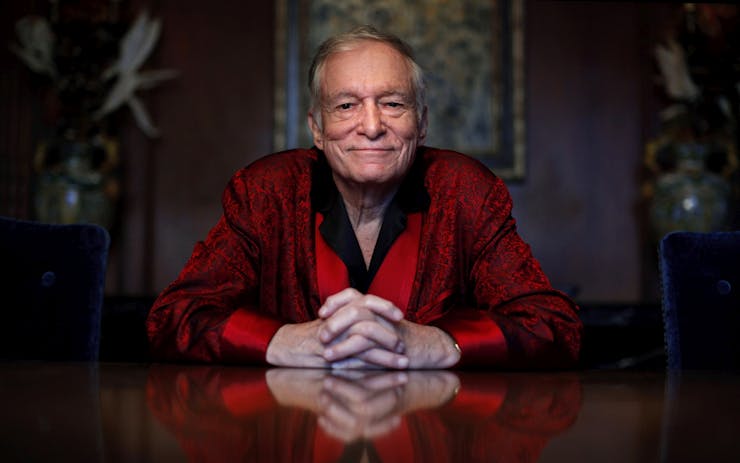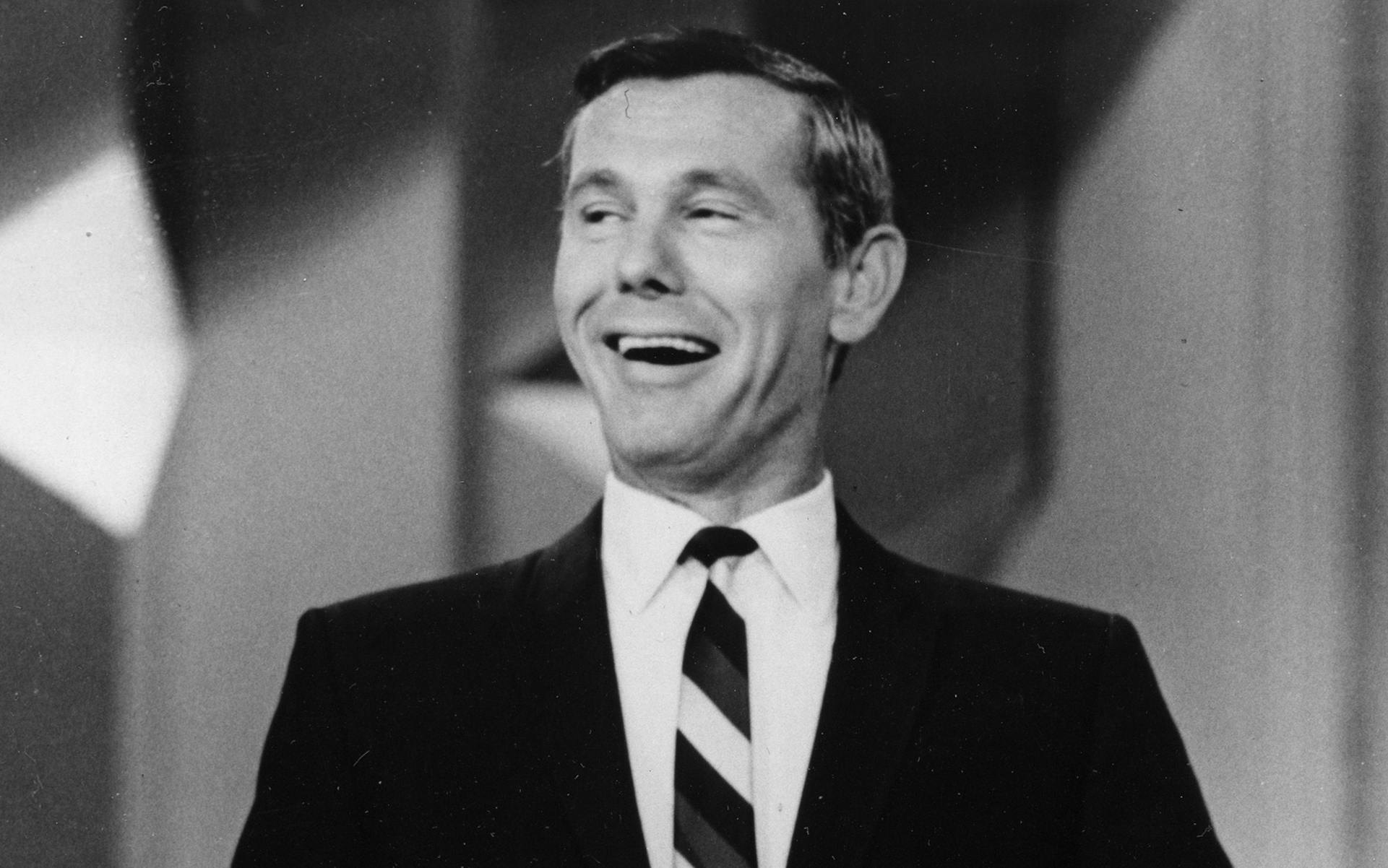Hugh Hefner passed away on September 27, 2017, leaving behind a legacy and reputation unlike any other. The founder of Playboy left an indelible impression on the cannabis world long before legalization was even a twinkle in a legislator’s eye. In fact, were it not for Hugh Hefner, NORML (the National Organization for the Reform of Marijuana Laws) might never have come to exist at all.
NORML was established in 1970 by Keith Stroup. Hefner supported the organization with a $5,000 contribution from the Playboy Foundation to help fund the operation. As NORML continued to grow and expand into different state chapters, Hefner continued to be a top financier. At one point, Hefner was donating as much as $100,000 annually to the organization.
Keith Stroup, founder of NORML, described many previous rejections when attempting to find investors for NORML, but was surprised when Hefner immediately embraced the idea. “Hefner had been someone who used to be an alcohol drinker, but he had given up alcohol some time ago and had become a marijuana smoker,” Stroup recounted. “So he had a personal interest in the issue, [and] understood that it should be legal.”
Indeed, Hefner’s own words describe a tantalizing relationship with cannabis. “Smoking helped put me in touch with realm of the senses,” he relayed to Patrick Anderson in the 1980 book High in America: The True Story Behind NORML and the Politics of Marijuana. “I discovered a whole other dimension to sex.”
Later, one of his former girlfriends, Holly Madison, described their twice weekly routine. On Wednesday and Friday nights, Hef and his ladies would get dressed to the nines and go dancing. Upon their return, it was his habit to smoke cannabis before getting intimate with his girlfriends.
Hefner has always been vehement in his opposition to the drug laws and prohibition in the United States. In his fight for sexual freedoms, he also faced discrimination for his support of cannabis.
“I don’t think there’s any question that marijuana should be legalized because to not legalize it, we’re paying the same price we paid for prohibition.”
“The real problems I had, back in the 60s and 70s, had less to do with naked women than the fact that I was trying to change the world,” he explained in an interview to The Independent. “I had provided money to decriminalize marijuana and they came up with a bonus drugs case that resulted in my secretary committing suicide, when they were trying to get something on me.”
Hefner was referring to a widely-publicized scandal that took place over the course of several years in the early 1970s. Federal narcotics agents doggedly pursued Hefner, convinced that Playboy was a front for a drug-dealing business. The feds zeroed in on a relationship between Bobbie Arnstein, Hefner’s personal assistant and secretary, and a young man named Ron Scharf, a known drug dealer frequently seen at Playboy mansion parties. Scharf was caught after a telephone tap caught him making a deal with Arnstein for some “dynamite coke.”
Arnstein was not indicted, but the FBI and DEA repeatedly interrogated her, trying to convince her to provide evidence against Hefner. When she refused, she was charged and convicted, receiving a sentence of 15 years, nine years longer than Scarf’s sentence. Some say her lopsided sentence was a result of not giving into the demands of the federal government. Arnstein committed suicide on January 12, 1975, before her sentence began.
The incident only cemented Hefner’s beliefs that the anti-drug laws in the United States were puritanical and inappropriate. “What is the rational justification for these laws?” He mused. “Moral views based on what? Not on reason. These laws are truly hurtful to society. Prohibition gave us organized crime. Our laws in terms of drugs not only put all kinds of people who have drugs problems in prison, but in the process completely corrupt entire countries.”
Hefner lived to see the country slowly begin to change, watching more and more states legalize cannabis and begin to reverse the stigma against it. When asked if he endorsed California’s legalization measure, Proposition 64, he immediately voiced his support, declaring, “I don’t think there’s any question that marijuana should be legalized because to not legalize it, we’re paying the same price we paid for prohibition.”
His influence, and one little grant of $5,000 to a then-unknown organization fighting an unthinkable fight, ultimately shaped the country and the history of cannabis leading up to today.
Keith Stroup, founder of NORML, expressed his thoughts on Hefner’s passing, saying, “By focusing attention in Playboy magazine on some of the most egregious victims of the war against marijuana smokers, he helped us convince millions of Americans that marijuana prohibition was a misguided and destructive public policy…May he rest in peace.”







